The ever-evolving world of language finds itself in an interesting twist with Gen Z’s unique slang. To bridge the generational gap, understanding these terms can be enlightening. This blog post explores 13 slang terms that Gen Z uses differently than older generations might expect. A closer look reveals how vibrant and dynamic language can be when interpreted through the lens of a new generation.
1. Tea
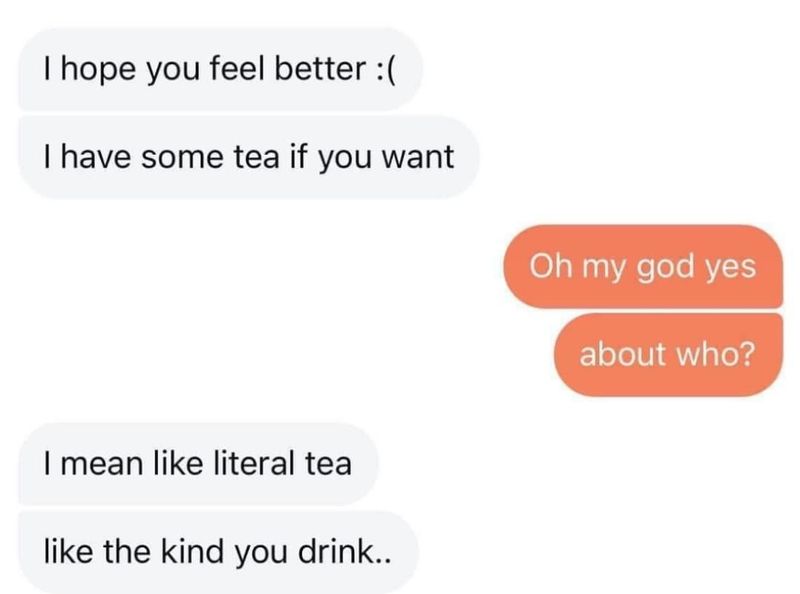
“Tea” is not just for sipping. For Gen Z, it symbolizes juicy gossip or interesting news. Imagine a scenario where a group of teenagers huddles together, eagerly sharing the latest “Tea” on their social circles. The term encapsulates the thrill of sharing information that others are eager to hear.
This slang often pops up in conversations where someone has the latest update. It’s an evolution of the phrase “spill the beans” but with a much trendier twist. The “Tea” becomes a bridge to bond over shared stories and revelations.
2. Lit

When something is described as “Lit,” it signifies excitement or greatness. This term goes beyond its literal meaning of being illuminated. Picture a party where everyone is exuberant, and the atmosphere is electric; that’s a “Lit” event.
The term encapsulates energy, vivacity, and an unforgettable experience. Unlike its traditional meaning of merely being lighted, for Gen Z, “Lit” signifies an event or experience full of excitement. It’s the go-to expression for describing something that is undeniably cool or thrilling.
3. Salty
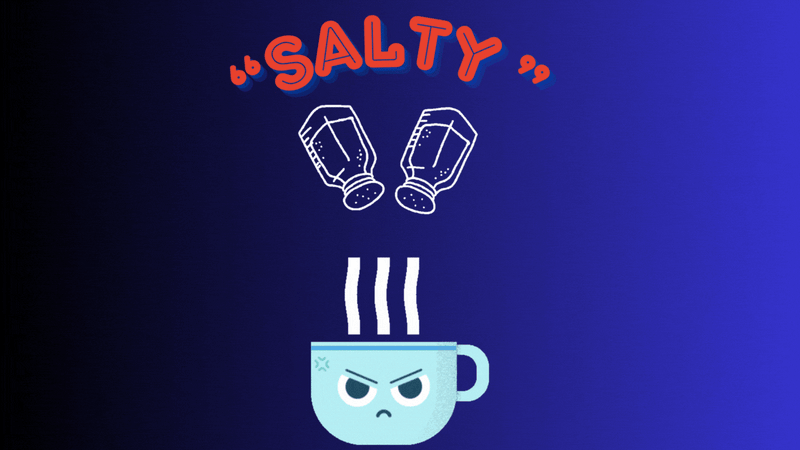
Feeling “Salty” isn’t about enjoying a snack. Instead, it describes someone who is bitter or upset. Imagine a teen’s expression when they’ve just been teased by friends; that’s when they might feel “Salty.”
This slang term captures the essence of feeling slighted or annoyed in a playful context. It’s not a deep-seated anger but rather a temporary state of mild irritation or annoyance. The term adds a humorous twist to expressing feelings of being irked without sounding overly serious.
4. Flex
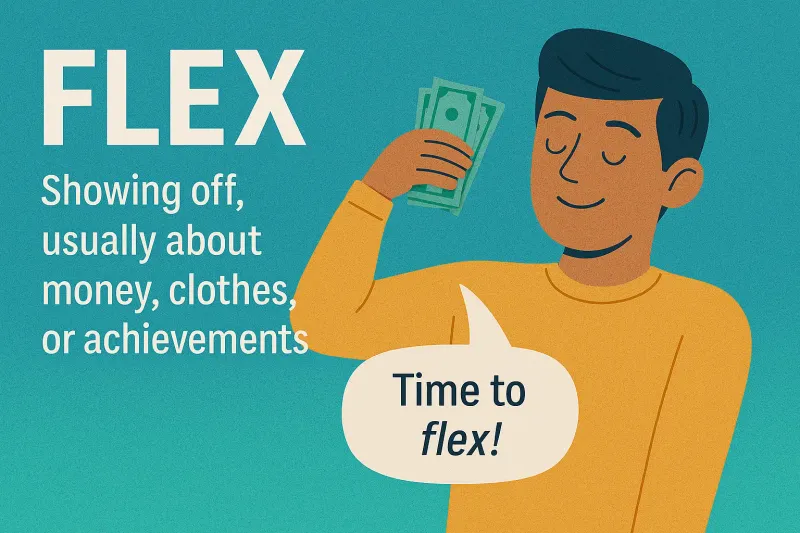
To “Flex” is not merely about physical strength but showcasing something impressive. Imagine a young individual displaying their latest gadget or fashion piece with pride. That’s “Flexing.”
This term is all about showcasing what you have in a confident manner. It’s not about arrogance but rather sharing what one is proud of. “Flex” has become a way for Gen Z to express self-assurance and individuality through possessions or achievements.
5. Woke
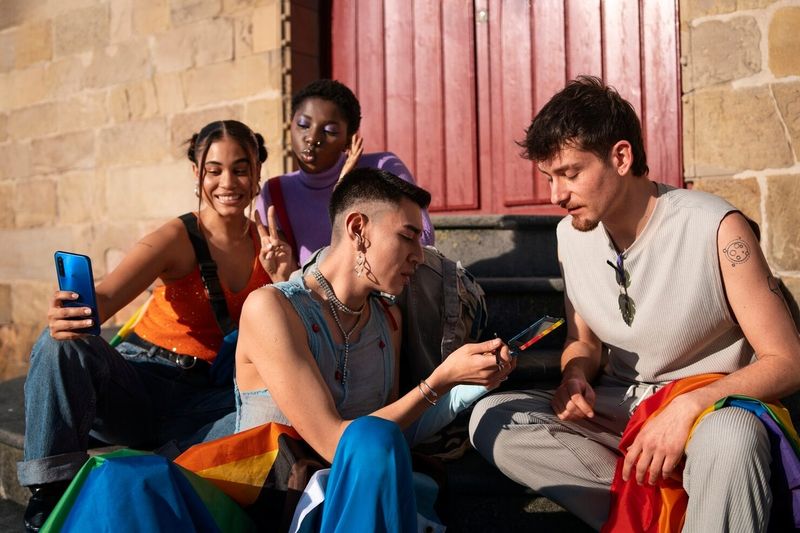
Being “Woke” transcends being awake. It’s an awareness of social issues and injustices. Picture a college student passionately discussing the latest movements for equality and justice. For Gen Z, “Woke” signifies a deep understanding and commitment to social change.
It highlights consciousness about societal problems, encouraging activism and engagement. Unlike the literal sense of waking up, being “Woke” is about being informed and ready to make a difference. It’s a call to action for a more just and equitable society.
6. Stan
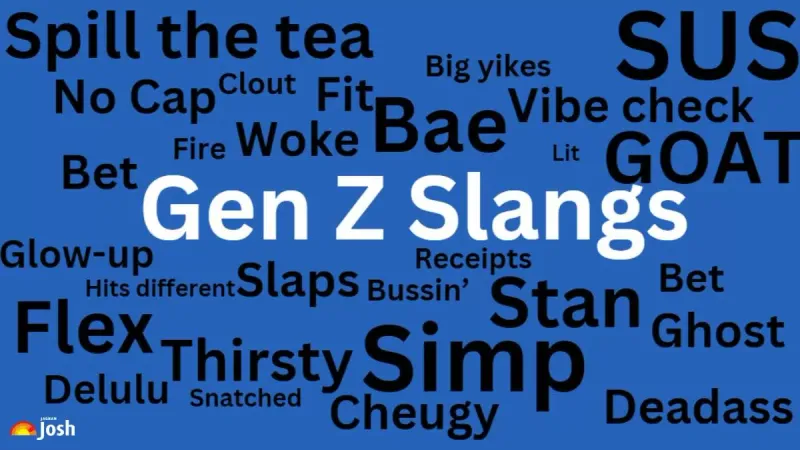
To “Stan” someone is to be an ardent supporter, much like the loyal fans of a celebrity. Visualize a young fan, clutching their idol’s merchandise, heart full of admiration.
“Stan” originates from Eminem’s song but has evolved to signify unwavering support. It’s about loyalty and sometimes intense admiration for someone or something. The term captures the essence of fandom in a way that is both endearing and passionate. It’s the ultimate expression of being a devoted fan.
7. Bop
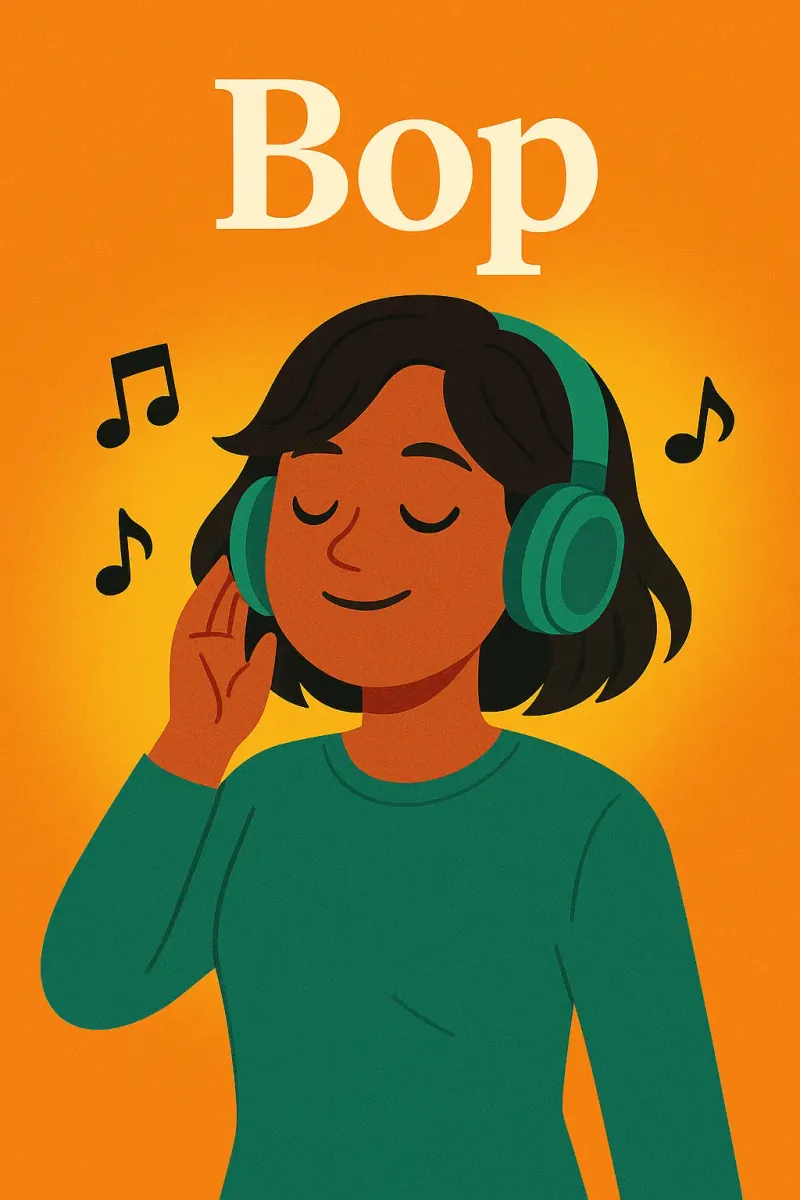
A “Bop” isn’t just a dance move. It refers to a song that is catchy and fun. Imagine a track that makes people get up and move, a tune that’s impossible to resist.
For Gen Z, a “Bop” is about rhythm, energy, and joy. It’s the kind of music that lifts spirits and gets everyone in the groove. More than just a song, it’s an experience that brings people together through its irresistible beat and melody.
8. Cap/No Cap

The phrase “Cap” or “No Cap” is about truth and lies. Imagine a conversation where someone is boasting, and another person says “No Cap” to claim honesty. “Cap” implies falsehood, while “No Cap” asserts truth.
This term is rooted in honesty and authenticity. It provides a straightforward way to call out exaggerations or confirm sincerity. For Gen Z, it’s about transparency in communication, ensuring that what is said is genuine and unembellished. It’s a modern take on calling it as it is.
9. Ghosting
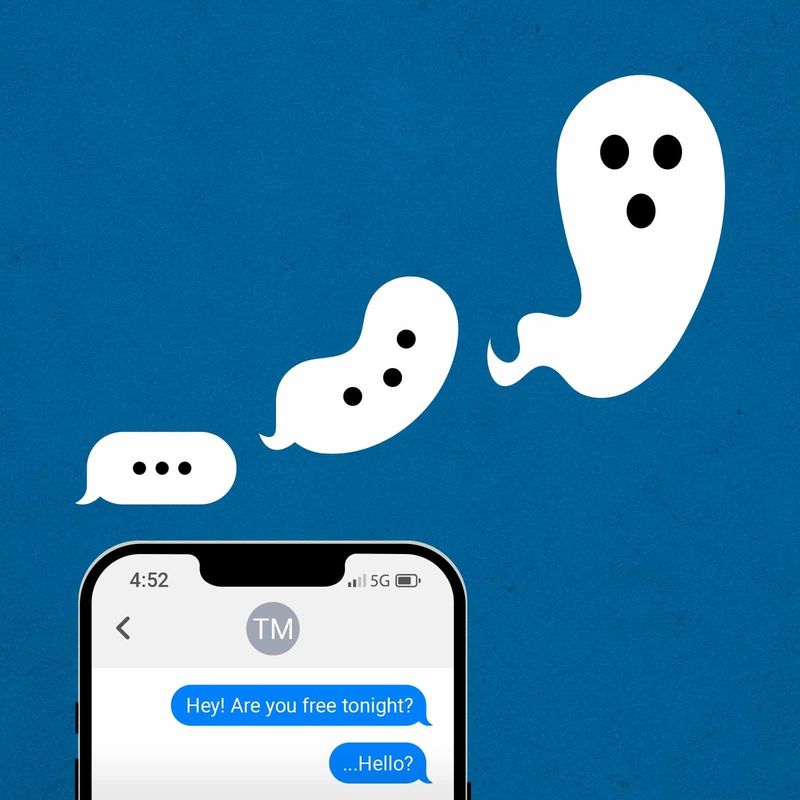
“Ghosting” isn’t about apparitions; it’s a modern dating dilemma. Picture someone eagerly waiting for a message that never arrives. That’s “Ghosting.”
It describes the act of suddenly stopping communication without explanation. For Gen Z, it’s a term that captures the essence of digital relationships, where connections can fade away as quickly as they appear. It’s a reminder of the transient nature of modern communication, often leaving the recipient puzzled and searching for closure.
10. Clout

“Clout” is about influence and social status, not just clouds in the sky. Imagine an influencer surrounded by fans, capturing moments for their social media. That’s “Clout.”
This term signifies popularity and recognition within social circles. It’s about the power to sway opinions and trends. For Gen Z, “Clout” is a measure of one’s digital presence and impact, reflecting their reach and influence in the online world.
11. Savage

Being “Savage” isn’t about wilderness; it’s about being unapologetically bold. Picture a young person delivering a clever comeback with a grin. That’s “Savage.”
For Gen Z, it’s about wit and daring, a playful way to show sharpness and edge in interactions. It’s not about reckless behavior but rather standing out with humor and confidence. The term encapsulates the spirit of being fearlessly authentic, a testament to individuality and self-assuredness.
12. Receipts
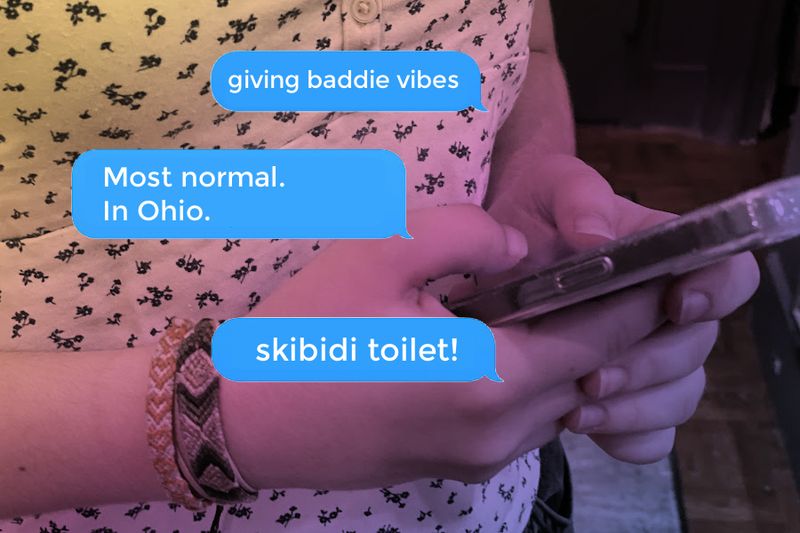
“Receipts” are not just for purchases anymore. They represent proof or evidence in an argument. Visualize someone triumphantly showing a text message to back up their claim. Those are “Receipts.”
In the digital age, having “Receipts” means having the data to support one’s point. For Gen Z, it’s about transparency and accountability, ensuring what is said can be substantiated. It’s the modern version of saying “I told you so” with concrete evidence.
13. Boujee
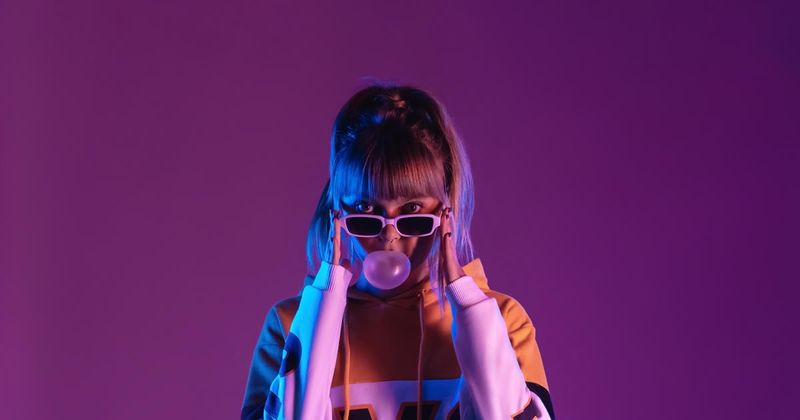
“Boujee” is all about luxury and high-end style, but with a twist. Imagine someone dressed in designer clothes, enjoying an exquisite dining experience. That’s “Boujee.”
For Gen Z, it’s about embracing sophistication and elegance, often with a touch of irony. It’s not just about wealth but flaunting style in a way that’s both chic and accessible. The term captures the essence of living the lush life while maintaining a sense of humor. It’s about being fancy without taking oneself too seriously.

